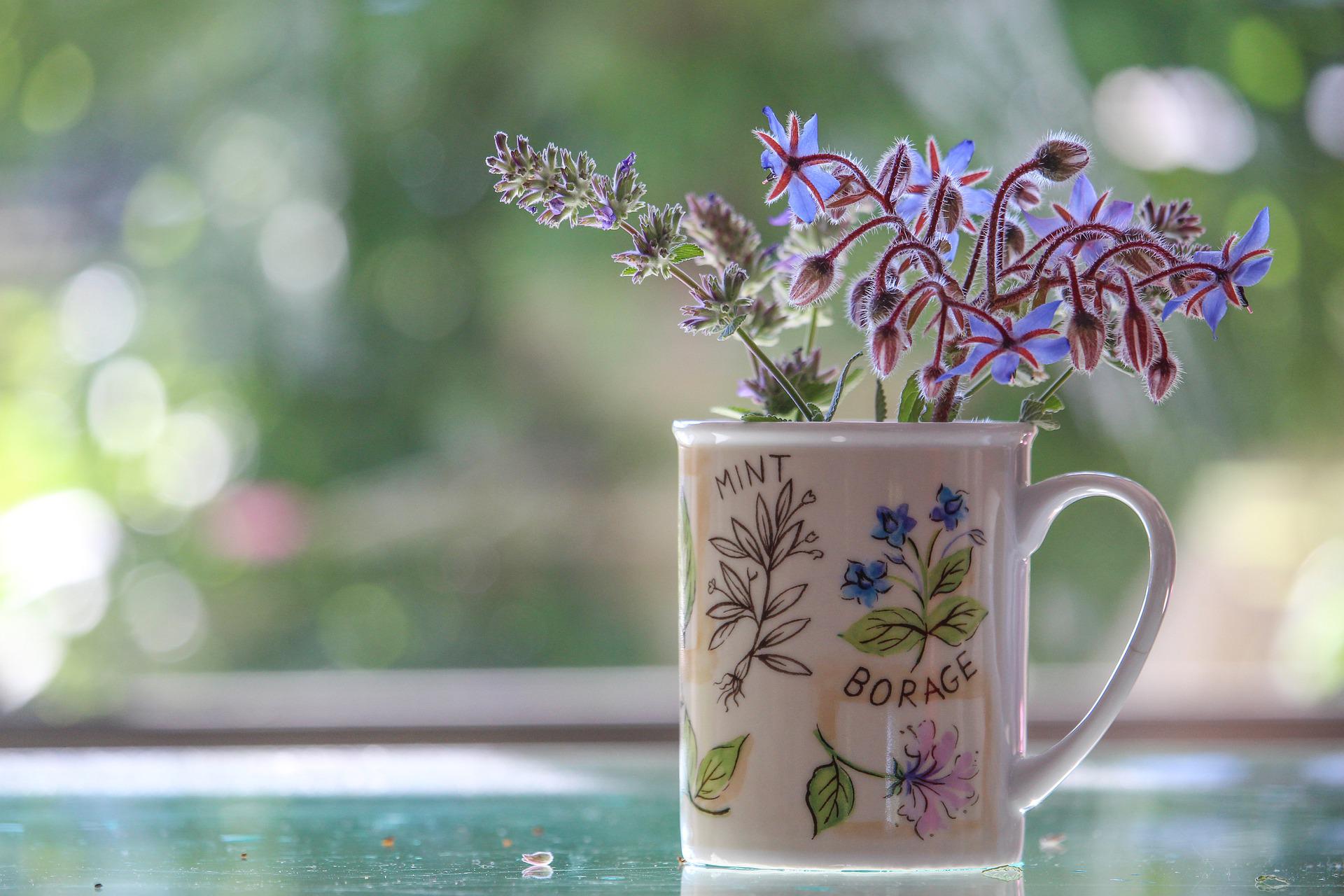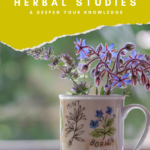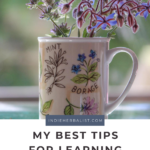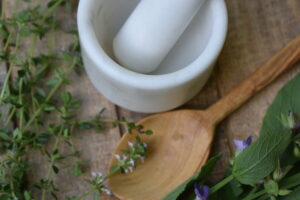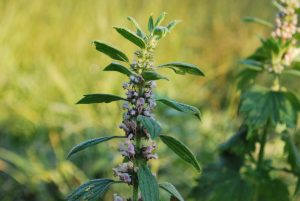Links contained in this post and elsewhere on my website may include affiliate links. When you make a purchase through these links, I earn a commission at no additional cost to you. I only link to products and services that I love - and that I think you will love, too!
I remember feeling overwhelmed when I first started learning herbalism. There was so much information available! After all, herbalism can be very complex. There are plants and their uses to learn, theories to understand, historical background to absorb, botany, physiology. . .welcome to information overload! Eventually, I settled into a routine and found a balanced way to move forward. Here are my best tips for simplifying learning herbalism and getting the most from your herbal studies.
These are techniques and tools that I use regularly to stay focused and move forward with my herbal education. Mostly, they are about creating habits and routines to make goals happen; staying organized with tools and supplies also helps. My life is centered around herbalism, but these tips are just as helpful for anyone interested in learning self-care with plants.
1. Learn one herb at a time
This is the easiest tip of them all! Make a list of a few plants that really grabbed your interest. Then, dive in- one at a time! This is an opportunity to get to know the details of working with a plant. Look into its history and learn how modern herbalists use it. Make sure to cover all of the interesting botanical tidbits about harvesting and growing. If you want, create an herb journal or materia medica that showcases your findings. Or just add them to your notebooks or a computer file.
This article I wrote for the Herbal Academy has even more tips! Read One Herb at A Time (#affiliate)
2. Stay strategic with your herbal supplies
When you start to craft your own herbal teas, syrups, and other goodies, only buy what you need for a few recipes at a time. If you buy a lot, you won’t be able to use them all before they lose their potency. Yes, I know it’s tempting because you want to make ALL THE THINGS! And shipping can be ridiculous. Who wants to pay THAT more than once? But you don’t need to buy in huge quantities. Herbs are not fine wine. They do not get better with age. They eventually fade and lose their goodness. Order 3 or 4 ounces at a time – that’s plenty. Less for you to keep track of, and less that will potentially end up in the compost.
3. Use a book tote to simplify studying herbalism
I love having a dedicated herbal studies bag. Mine has a flash drive with all of my course backups, my materia medica and bullet journal, and whatever book I’m currently reading. You could also toss in a botany kit and field guides if you plan to venture out on herb walks. Mine goes with me to the library and coffee shop and holds my herbal bullet journals so I can grab it when it’s time to study or catch a webinar or podcast. What are bullet journals? I’m glad you asked!
4. Keep a planner or learning journal
Personally, I like using a bullet journal, or BuJo to simplify learning herbalism. Bullet journaling is a flexible day planner/note-taking/goal tracking system that you can use in any paper notebook. The original website for the method is here (with a blog) and there is a book that goes into even more detail. Now, here’s a disclaimer. You may have also seen beautiful hand illustrated bullet journals on Instagram, but mine aren’t the hybrid-art-journal pretty ones. Mine look a hot mess! They are for stuffing all of my hastily scrawled notes from classes, courses, and reading. And hastily drawn plant sketches or mind mapping or garden notes. So don’t get caught up in how it looks, just make sure it works for you.
5. Use a calendar to simplify learning herbalism
You’ll be surprised at how effective a calendar is for keeping your herbal studies on track. Digital or analog is up to you. You can set up recurring reminders for webinars you don’t want to miss, courses or class start and end dates, note down when you placed an herb order and the order number, or record when you started making a batch of extracts.

6. Take yourself on an herbal date
Solo dates are kind of a thing now, but study dates have been around for a long time, too. Herbalism is something that you need to engage with and learn actively. Schedule a time to check in with your journal and think about strategy, look over your to-do lists, and work on a project. I do this once a month. Drink some tea. Review your goals and set daily and weekly habits to help get yourself there. Celebrate what you’ve already accomplished and look forward to your next steps.
7. Create a reading list
It’s hard to find a good selection of herbal titles at most book shops. Spend time browsing online for herbal books and find a few that look intriguing. You can enjoy a peek at my bookshelves if you want – I review most of what I read here. If you select 12 books, and read one per month. . .hey! That’s manageable, right? Your public library may also be able to connect you with some good herbal books. Check the shelves at your local branch and ask about inter library loan if they don’t have the ones you need.
8. Label everything
Buy some printer labels, please. Printable labels are better than sticky notes for tagging your projects. It makes keeping track of what’s in your project jars a lot easier. I’ve also seen people write directly on jars with paint pens or chalk pens, but I’ve never tried that. In a pinch, packing tape over a scrap of notebook paper also works (obvs not worried about fancy over here, what can I say).
9. Create herbal self-care routines
One of the best ways to learn about using herbs is to experience them. Several categories of herbs can be used in ways that support daily wellness. Nutritive herbs, adaptogens, and some nervines and alteratives are examples. When learning about an herb, determine whether it’s an herb that you can work with on a daily basis. Even if it’s not an herb that’s a candidate for daily use, consider buying or making the extract or a cup of tea as part of your learning process. It will help you learn to distinguish the different qualities and energetics that herbalists use to describe plants.
10. Simplify learning herbalism with a course
My top recommendation though, is to invest in your studies. If you are brand new to herbalism, chose one really good introductory course to get started. I recommend Herbal Academy (#affiliate) as a fantastic place to begin. Their courses are gorgeous and professional, packed FULL of information, and you can go at your own pace online. (Also, I used to write for them, so yeah – I think they are grand). Overall, they present a very balanced approach to herbalism. They have lots of fun mini courses for continuing education and their blog is a great resource, too!
Always embrace your own process
Taking a few steps to simplify learning herbalism can set you up for success, but this is YOUR journey. You will work out your own processes and systems too, so don’t be afraid to experiment! The best way to simplify learning herbalism is to incorporate the routines that move you toward your goals and give you a deeper connection with what you are learning.
Bright blessings,
Agatha

